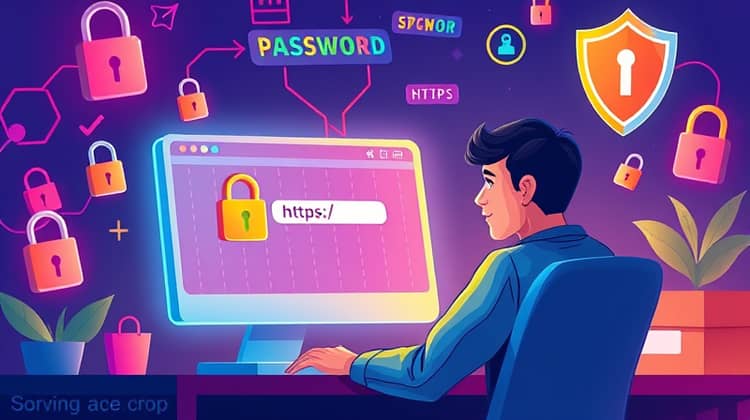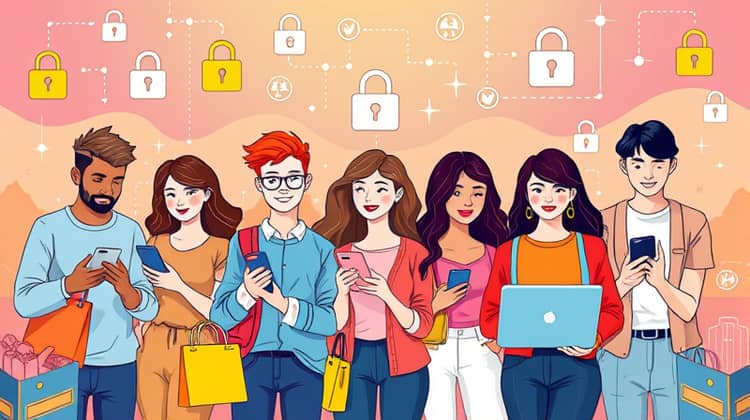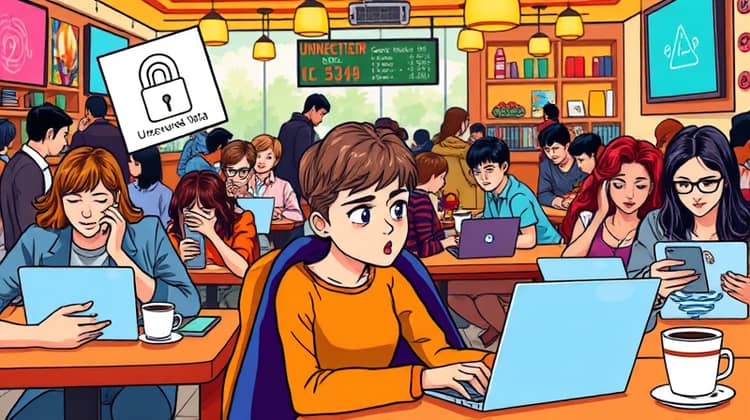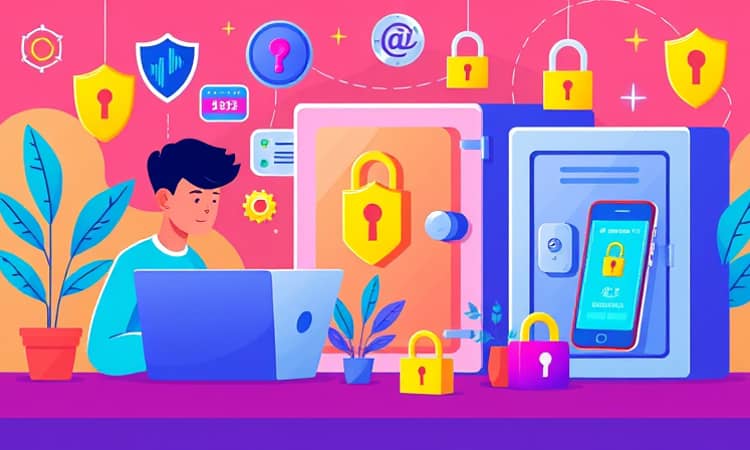In today's digital world, ensuring the security of our sensitive information has become more critical than ever. Credit card fraud and identity theft are prevalent issues that can have devastating effects on individuals and financial institutions alike. Therefore, adhering to best practices for credit card security is essential to protect yourself and your finances.
This article outlines several crucial practices for maintaining credit card security and safeguarding your financial information. By taking these precautionary measures seriously, you can significantly reduce the risk of fraud and enhance your overall financial well-being. Stay informed, stay secure, and take charge of your financial future!
Protecting Your Information

The first step in credit card security involves protecting the information associated with your card. This is critical in preventing unauthorized transactions and identity theft. With various methods employed by fraudsters today, it is essential to take proactive measures to safeguard your personal and financial details.
One of the simplest yet most effective ways to protect your information is by using strong and unique passwords for online banking and shopping sites. Passwords should be a combination of letters, numbers, and special characters to enhance their security.
Additionally, always ensure that you are shopping on secure websites before entering your credit card information. A secure website typically begins with 'https://' rather than 'http://', so be sure to check for this indicator. If you receive unsolicited emails or calls asking for your credit card details, resist the temptation to share this sensitive information.
- Use strong, unique passwords for online accounts
- Enable two-factor authentication wherever possible
- Regularly update your passwords
By implementing these strategies, you create multiple layers of security that can prevent unauthorized access to your accounts. Remember, vigilance in protecting your information can significantly diminish the likelihood of falling victim to fraud. Additionally, regularly monitoring your accounts for suspicious activity is always a good practice.
Secure Transactions

When making purchases online or in-store, ensuring that your transactions are secure is of utmost importance. Cybercriminals often take advantage of unsecured networks and outdated transaction methods, making the use of secure processing fundamental to safeguarding your financial information.
Always look for secure payment options when shopping online. Many retailers now offer advanced security measures to protect consumers during transactions, such as encryption technology and buyer protection guarantees.
- Use reputable websites for online purchases
- Opt for secure payment methods, such as virtual wallets
- Always log out after making online purchases
Following these practices will provide additional layers of security when conducting transactions, ensuring your credit card information remains confidential and protected.
Monitor Your Accounts

Monitoring your accounts closely is key to early detection of unauthorized transactions. Regularly checking your credit card statements and online accounts helps identify suspicious activity that may indicate fraud or identity theft.
- Review bank statements weekly
- Set up account alerts for transactions
- Report suspicious charges immediately
Being aware of your financial activities allows you to take swift action if you notice discrepancies or unauthorized charges, greatly reducing your risk exposure.
Use Credit Instead of Debit

Using a credit card instead of a debit card may offer enhanced protections against fraud. When using credit, consumers are generally not held liable for unauthorized transactions if they report the fraud promptly. Additionally, credit cards often provide additional security features that debit cards may lack.
For these reasons, it's advisable to use credit cards for most purchases as a precaution against unauthorized access to your primary bank account. By doing this, any fraudulent charges are less likely to drain your funds directly.
Be Cautious with Public Wi-Fi

Public Wi-Fi networks are often unsecured, making them vulnerable to cybercriminals who can easily intercept sensitive data shared over these connections. Therefore, when accessing your bank accounts or entering credit card information, avoid using public Wi-Fi whenever possible.
- Use a VPN when connecting to public Wi-Fi
- Turn off automatic connections to Wi-Fi networks
- Never conduct financial transactions on public Wi-Fi
By remaining cautious when using public internet connections, you can significantly reduce the risk of unauthorized access to your credit card and personal information.
Keep Your Cards Safe

Aside from digital security measures, physical security of your credit cards is equally important. Losing your card or having someone steal it can lead to immediate unauthorized charges against your account. Thus, you should take measures to keep your cards safe and secure.
Always store your cards in a secure location, and be vigilant when using them in public. Never leave your cards unattended or in plain sight when you're at home or at a public venue.
- Keep your cards in a secure wallet or case
- Avoid showing your cards to others unnecessarily
- Report lost or stolen cards immediately
By taking these steps, you contribute to safeguarding your card against theft and unauthorized usage, preserving your financial well-being.
Educate Yourself and Others

Awareness and education play crucial roles in preventing credit card fraud. Understanding the types of threats that exist and the ways scammers operate can empower individuals to make informed decisions about their financial security.
Beyond educating yourself, sharing this knowledge with friends and family can create a more secure environment in your community. Initiating discussions about credit card security helps everyone stay alert and cautious, making fraud less likely to succeed. Additionally, participating in workshops or seminars regarding financial literacy can reinforce these important concepts.
It is vital to remain updated on the latest scams and preventive measures in order to stay one step ahead of potential threats.














